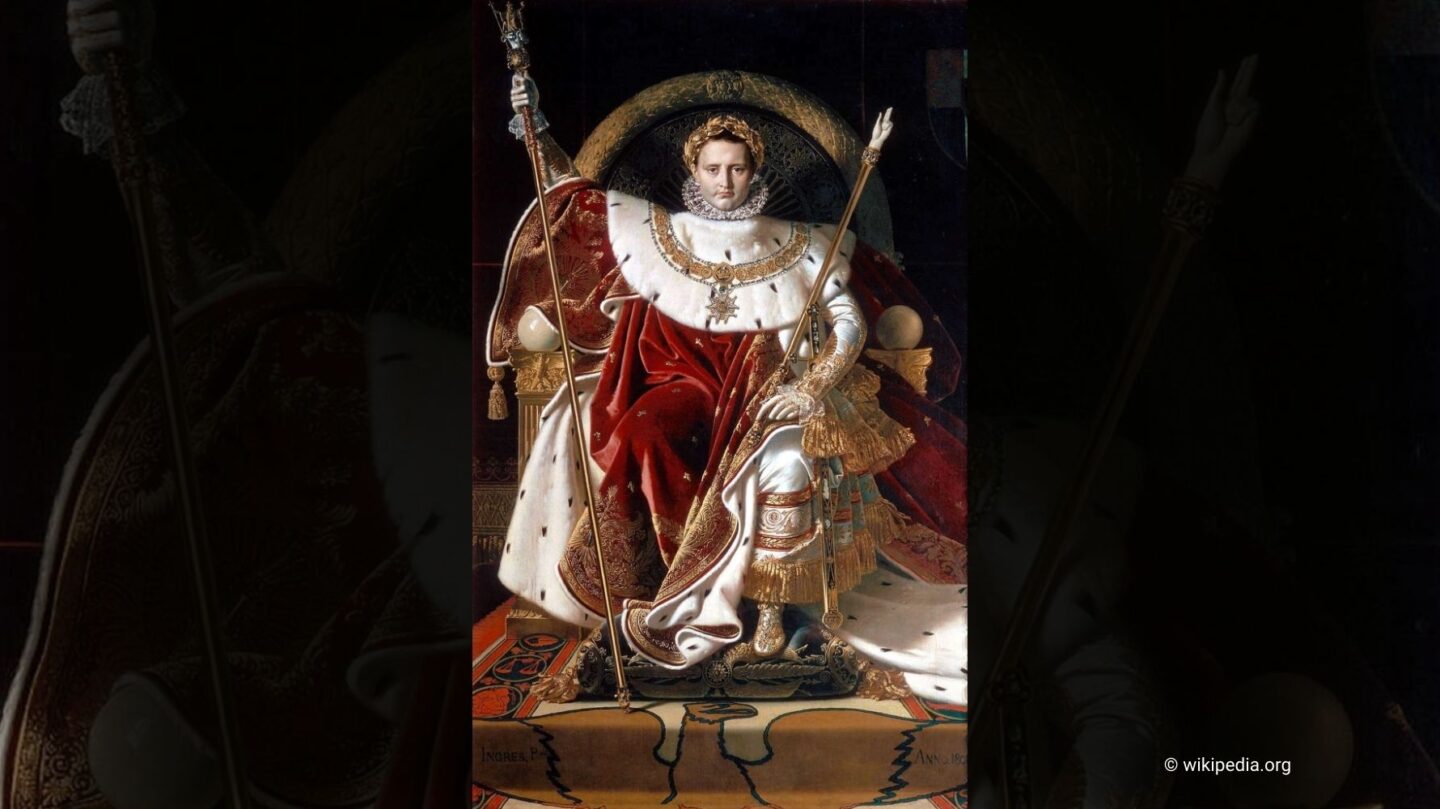The Humble Beginnings of a Legend
Napoleon Bonaparte, one of history’s most enigmatic leaders, was born in 1769 on the small Mediterranean island of Corsica. Contrary to the grandiose image many associate with him, his early life was marked by modesty and struggle. The Bonaparte family, of minor nobility, faced financial hardships. Despite these challenges, Napoleon’s brilliance shone through early. He secured a scholarship to a military academy in France, where his exceptional mathematical skills and strategic thinking set him apart.
The Secret to His Military Genius
Napoleon’s meteoric rise in the French military was no accident. He had an uncanny ability to predict his enemies’ movements, often exploiting their weaknesses before they realized it. One lesser-known secret to his success was his reliance on speed and surprise. Napoleon famously said, “The secret of war lies in the communications.” His campaigns were often marked by lightning-fast marches, allowing him to catch his adversaries off guard. However, behind the scenes, he meticulously studied classic military tactics, borrowing from the likes of Alexander the Great and Julius Caesar.
A Shrewd Politician
Napoleon’s ascent to power wasn’t just about military conquests; it was also about political acumen. In 1799, he orchestrated a coup d’état, installing himself as First Consul of France. By 1804, he crowned himself Emperor, a move symbolizing his belief in self-made authority. However, few know that he staged this coronation to portray himself as the ultimate arbiter of power—sidestepping the Pope’s traditional role.
Napoleon also revolutionized governance. His introduction of the Napoleonic Code standardized laws across France, emphasizing equality before the law, property rights, and secular education. This legal framework influenced countries far beyond France and is considered one of his lasting legacies.
The Secrets of His Downfall
For all his triumphs, Napoleon’s downfall stemmed from a mix of hubris and relentless ambition. His disastrous invasion of Russia in 1812 was a turning point. While his Grand Army initially marched into Russia with over 600,000 men, only a fraction returned. The harsh winter, lack of supplies, and scorched earth tactics employed by the Russians decimated his forces.
Another overlooked factor was the coalition of European powers that united against him. Britain, Prussia, Russia, and Austria set aside their differences to bring down the French Emperor. After his defeat at the Battle of Leipzig in 1813, Napoleon was exiled to the island of Elba. However, in an audacious move, he escaped and reclaimed power for 100 days before his ultimate defeat at Waterloo in 1815.
The Man Behind the Myth
Napoleon’s personal life was as complex as his military career. While his marriage to Joséphine is well-documented, fewer know of the deep insecurities that plagued him. He was reportedly highly superstitious, relying on lucky charms and omens to guide his decisions. Despite his imposing legacy, Napoleon stood just 5’6”—average for his time—but British propaganda exaggerated his height to undermine his image.
Napoleon’s Enduring Legacy
Exiled to the remote island of Saint Helena after Waterloo, Napoleon spent his final years dictating memoirs and reflecting on his life. He died in 1821, but his influence endures. From his legal reforms to his contributions to military strategy, Napoleon remains a figure of fascination. His life serves as a testament to the heights—and perils—of ambition, reminding us that even the greatest of leaders have their secrets.
